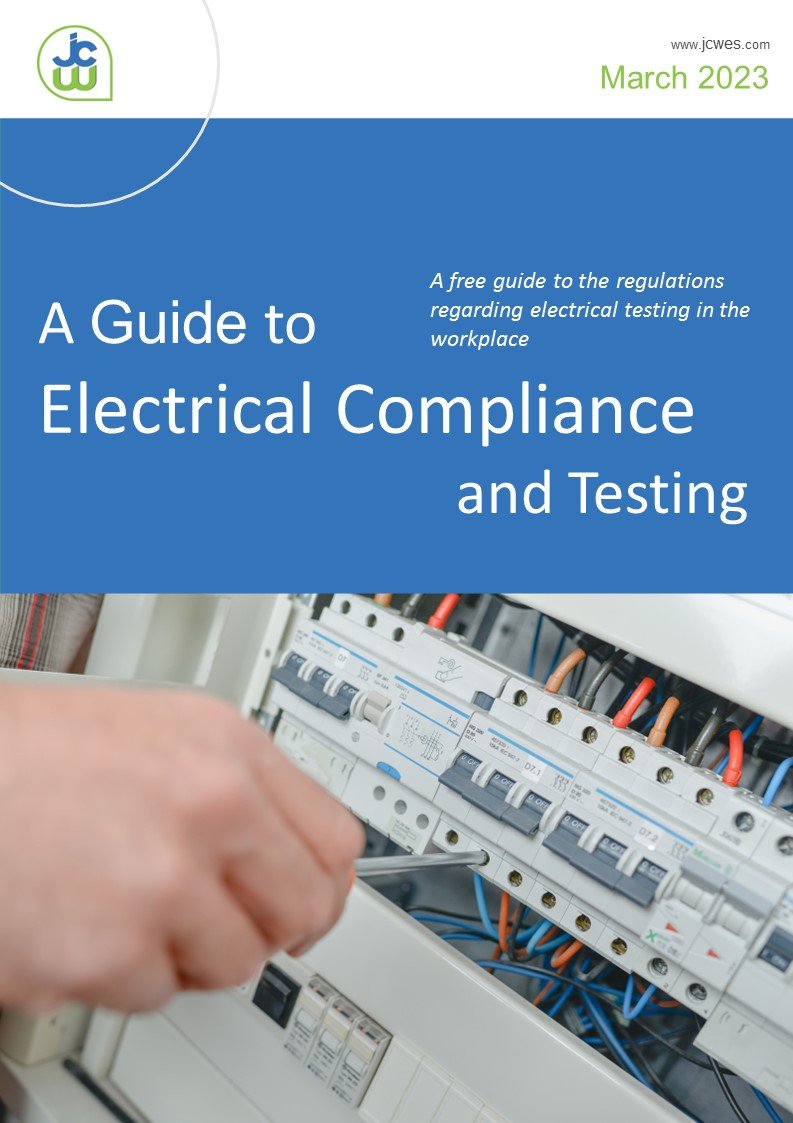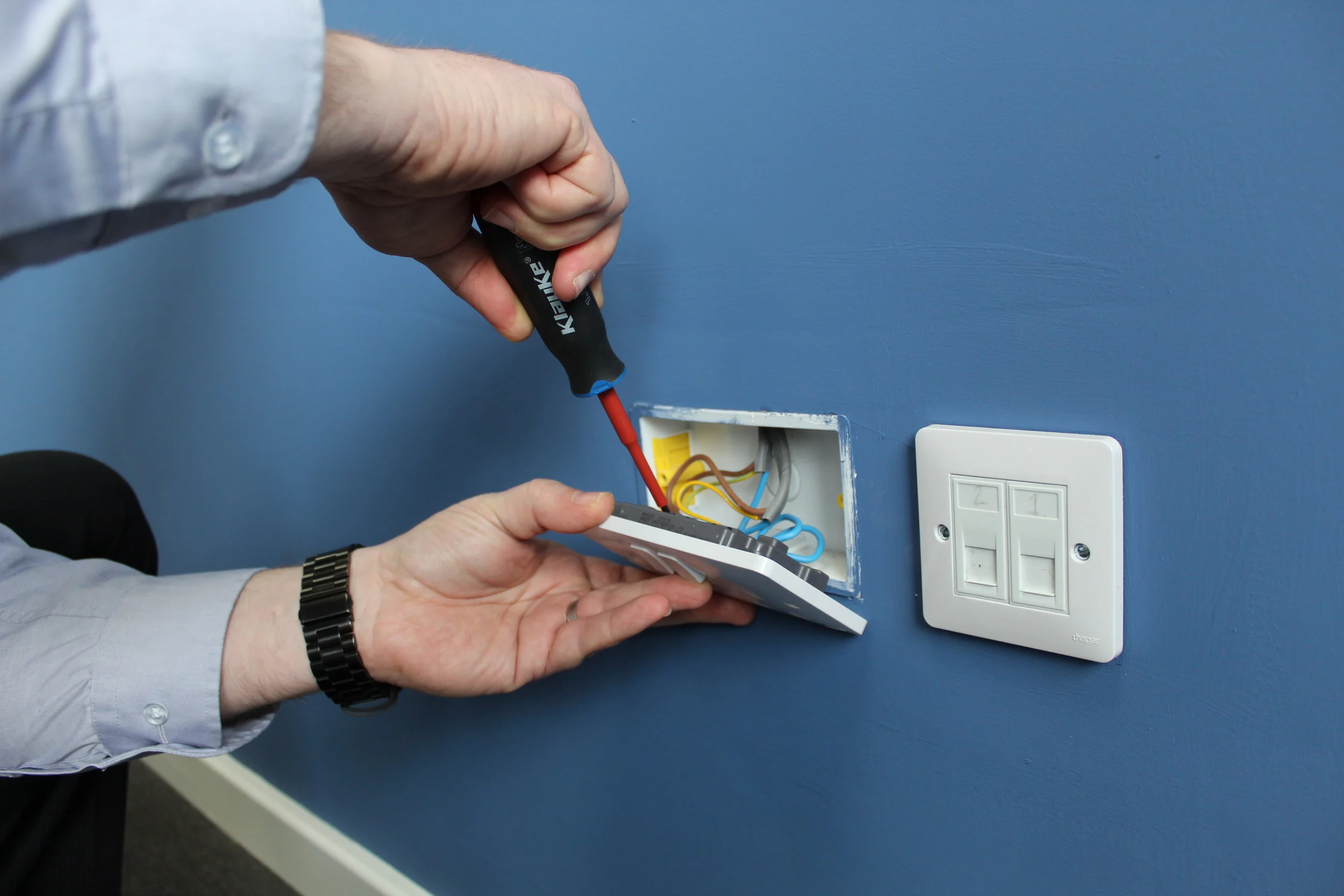RCD: The Electrical Compliance Check You May Have Forgotten
/Ensuring Safety and Compliance in Your Buildings
In the building maintenance industry, safety and compliance are cornerstones of protecting lives and assets. One often-overlooked element of electrical safety is the Residual Current Device (RCD), an essential safeguard against electric shock and electrical fires. Whether you're responsible for a commercial property, industrial facility, or retail portfolio, ensuring your RCDs are operational and compliant is vital.
Protecting Human Life
Electrical hazards pose significant risks, particularly in environments where water or dampness is present. An RCD provides an additional layer of protection by monitoring the flow of electricity and automatically cutting off power when it detects an irregularity, such as electricity flowing through an unintended path. Scenarios where an RCD could save lives or prevent damage include:
Damaged Appliance Casings: If the casing of an electrical appliance breaks, exposing live components.
Liquid Exposure: When liquids seep into electrical appliances or sockets.
Accidental Submersion: If an electrical appliance falls into water.
Faulty Equipment: When appliances develop internal defects over time.
These scenarios highlight the critical role of RCDs in reducing the risk of severe injury, electrical fires, and even fatalities.
The Regulations You Need to Know
Adhering to electrical regulations is a legal requirement and a best practice for ensuring safety. The current standards, as outlined in BS 7671, mandate that RCDs must be installed in almost all new circuit installations. Key areas where RCDs are essential include:
Wet areas like toilets, showers, and commercial kitchens.
Outdoor circuits, especially where cables lack adequate protection.
High-risk environments where appliances are frequently exposed to wear and tear.
Regular Testing
Fixed RCDs are highly reliable, but their effectiveness depends on regular testing. According to guidelines, RCDs should be tested at least every six months to confirm they are functioning correctly. This routine check can often be integrated into your Electrical Statutory Compliance regime, a crucial aspect of any planned maintenance program.
If your property features older electrical systems, or if you’re unsure about the presence or condition of your RCDs, engaging a certified electrical contractor is critical. Professional contractors possess the tools and expertise to test and update your systems as needed, ensuring full compliance and safety.
The Importance of Partnering with Experts
For businesses and property managers, maintaining electrical compliance is not just about safety - it’s about protecting your reputation and ensuring operational continuity.
If you’re uncertain about your building's compliance status, especially in older properties, it may be time to:
Review your current electrical installations.
Assess whether your RCDs meet modern standards.
Plan for potential upgrades, including re-wiring projects if necessary.
JCW: Your Trusted Partner for Electrical Compliance
At JCW, we specialise in providing comprehensive mechanical and electrical building maintenance services, ensuring your property meets all safety and regulatory requirements.
Whether you need a detailed assessment or routine testing, our team of certified professionals is here to help. We can integrate RCD checks into your regular maintenance schedule, giving you peace of mind that your building is safe, compliant, and efficient.
Take Action Today
Don’t leave electrical compliance to chance. Protect your people, assets, and property by ensuring your RCDs are up to standard. For more information:
Download our e-Book for a deeper dive into electrical compliance and testing.
Contact JCW today to discuss your building’s maintenance needs.
Fill out our contact form, and one of our experts will get in touch to guide you through the next steps.
Stay compliant. Stay safe. Choose JCW for your electrical and mechanical maintenance needs.














